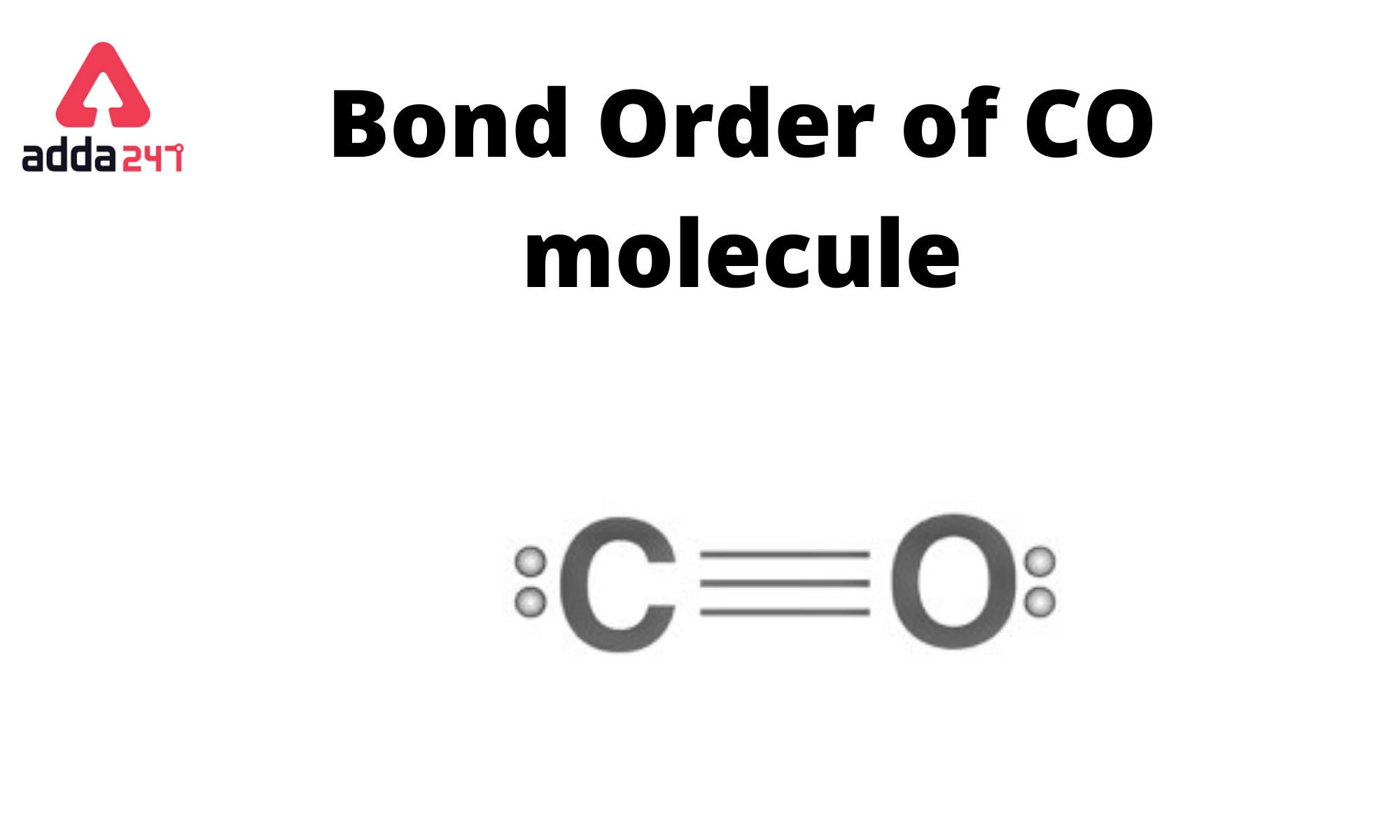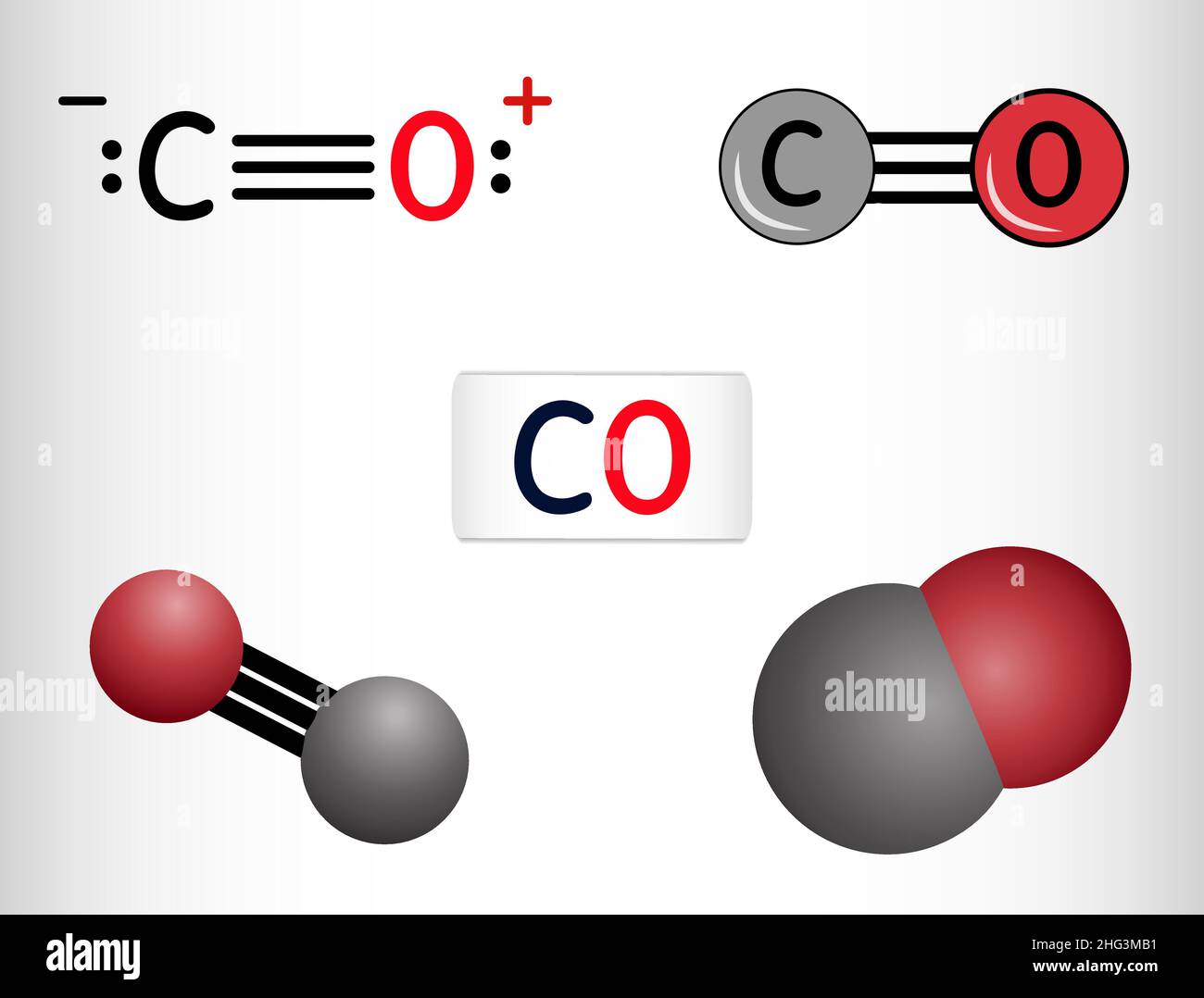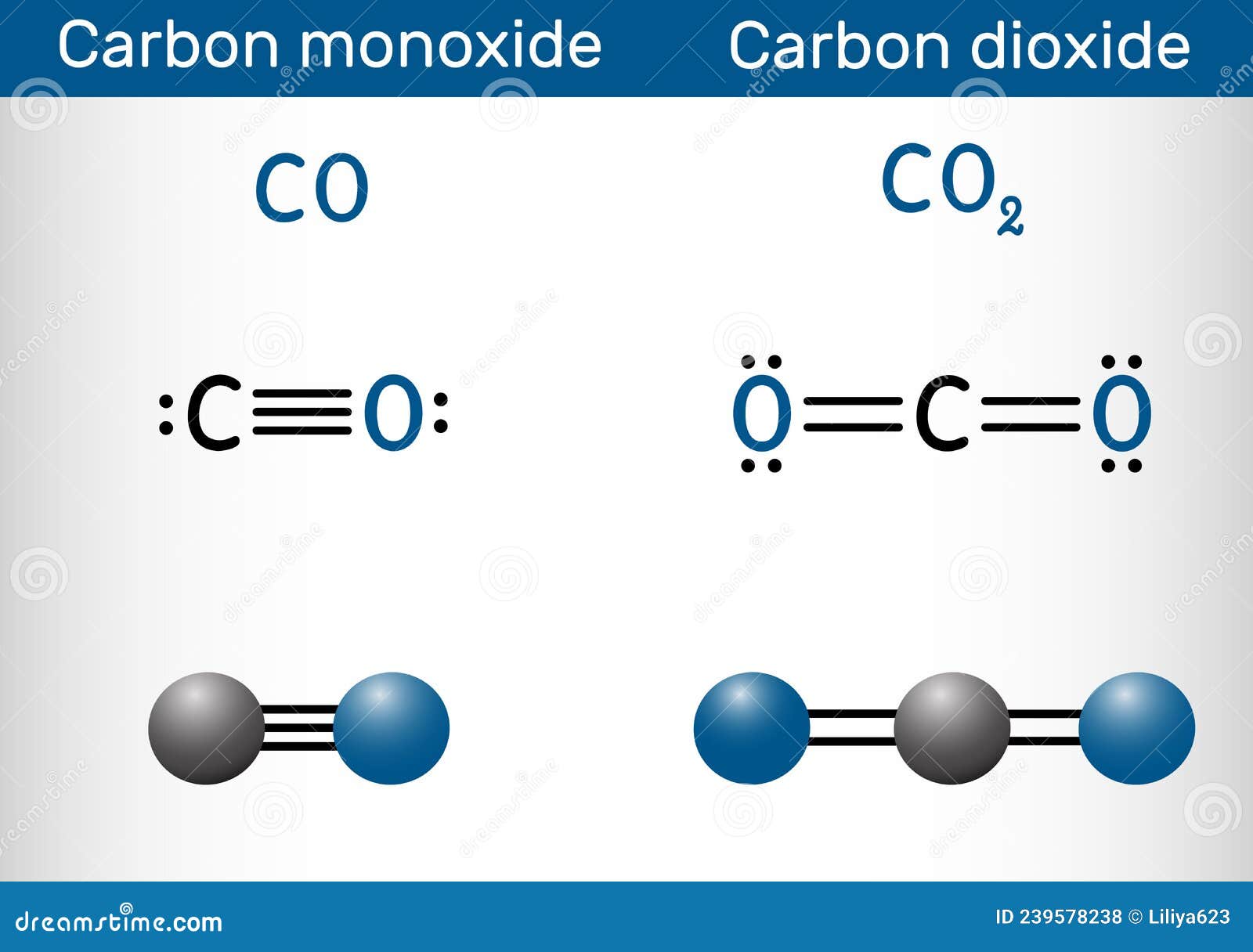Co Op Duck - Exploring Connections
When you come across a phrase like "co op duck", it might, in a way, make you pause and wonder. What exactly does it mean? Is that, you know, about a feathered friend with a shared purpose, or something else entirely? As a matter of fact, the "co" part of this phrase actually points to a whole collection of fascinating ideas and some pretty important details that touch our lives in ways we might not always consider. It's really quite interesting how one little set of letters can mean so many different things.
You see, the simple two-letter combination of "co" holds a surprising amount of weight and, well, meaning across various situations. From something that helps keep our air clean to a specific part of the American landscape, this small pairing of letters shows up in quite a few spots. We're going to take a closer look at these different appearances and see how they connect, even if the "op duck" part remains a little bit of a whimsical addition to our discussion, just a little something to get us thinking.
So, get ready to peek behind the curtain of this common little grouping of letters. We'll be uncovering some serious information, some geographical insights, and, you know, even some thoughts on how we shorten things in our communication. It's all part of understanding the many faces of "co" when it pops up, perhaps even in a phrase like "co op duck", which is almost a playful way to bring these ideas together.
Table of Contents
- What's in a "Co" - Exploring the Term "Co op duck"?
- How Does "Co" Show Up? - Looking at the Word "Co op duck"?
- Protecting What Matters - Co op duck and Air Quality
- "Co" - A Word With Many Sides - Co op duck and its Meanings
What's in a "Co" - Exploring the Term "Co op duck"?
So, let's take a moment to consider the "co" part of our phrase, "co op duck." This seemingly simple combination of letters, you know, actually points to some rather important concepts. When we hear "co," our thoughts might go to a cooperative venture, where people work together for a shared aim. But, as a matter of fact, the "co" can also stand for much more than that. It's almost like a small key that opens up several different doors of thought, each leading to a distinct area of information. You might be surprised by the variety of things this little two-letter group represents, and how it really plays a part in our surroundings and even our well-being.
One of the most important, or rather, serious meanings of "co" is a particular chemical compound. This invisible presence, often a byproduct of burning things, has a significant impact on health and safety. It's a topic that, you know, really deserves our careful thought. Then, there's the geographical aspect, a specific part of a large country, known for its tall land formations and unique natural beauty. And, of course, "co" frequently acts as a shortened way of writing something longer, a common practice in our communication. So, even when we talk about something like "co op duck," the "co" itself is a starting point for exploring these different, yet connected, ideas. It's pretty fascinating how much information can be packed into just two letters, don't you think?
The Silent Danger - Carbon Monoxide and co op duck
When we talk about "co," it's very important to bring up carbon monoxide. This substance, you know, is a gas that can be quite harmful, even deadly. It's something that results from things burning without enough air, like in car engines or some types of heating equipment. What makes it so concerning is that it's completely invisible; you can't see it, you can't smell it, and you can't taste it. So, in a way, it's a silent threat, something that can cause serious problems without any clear warning signs. It's composed of just one carbon element and one oxygen element, a rather simple structure for something with such serious effects. The danger comes because, basically, when you breathe it in, it takes the place of the oxygen your body needs in your blood. This means your heart, your brain, and other vital parts of your body don't get the oxygen they require to work properly. So, it's really a big deal.
This gas, you know, has been known to take the lives of many people each year, and it makes many more feel unwell. It's a big concern for public health. Think about it: large amounts of this gas can actually overwhelm a person quite quickly, leading to serious illness or worse. It's mostly put out into the air by vehicles and machines that use fossil fuels, like gasoline or natural gas, especially when those fuels don't burn completely. The environmental protection agency, or EPA, keeps an eye on this particular gas because it's one of a few air pollutants that they regulate to keep our air clean and safe for everyone. So, when we consider the "co" in "co op duck," it's a good reminder that this small abbreviation also represents a very serious aspect of our shared environment and health, something we really need to be aware of for everyone's well-being. It’s a pretty stark contrast to the lighthearted sound of "op duck," isn't it?
It's also worth noting that this gas, carbon monoxide, can appear as a liquid too, though it's still practically without smell or taste in that form. It comes about when carbon materials don't get enough oxygen when they burn, a process called incomplete oxidation. Interestingly, if you were to burn carbon monoxide itself, it would produce a distinct purple-blue light. This is just another characteristic of this particular chemical compound. So, while "co op duck" might sound a bit whimsical, the "co" part, in this context, really points to something quite serious and deserving of our attention. It’s a very real part of our physical world, and understanding its nature is pretty important for keeping everyone safe and sound, you know, in our homes and outside.
A State of Connection - Colorado and co op duck
Another prominent meaning for "co" is a particular state in the western part of a large country. This place is known for its impressive tall land formations, a rather beautiful and rugged landscape. It's one of the places often called "Mountain States" because of all those peaks. So, when we see "co" in a phrase like "co op duck," it could also bring to mind this stunning area. This state, you know, shares a special spot with three other states where their borders meet at a single point, a place called the Four Corners region. That's a pretty unique geographical feature, isn't it? The states it touches are Arizona, New Mexico, and Utah. It also has a border with Wyoming to its north. This geographical connection is pretty interesting to consider.
This state joined the country on August 1, 1876, making it the 38th state to be added. It has its own special saying, a state motto, which reflects its spirit and values. In terms of how many people live there, it's somewhere in the middle compared to other states, perhaps around the 22nd largest in population out of 50. So, it's not the biggest, but it's certainly not the smallest either. The place is known for its wide open spaces and, you know, a sense of adventure that draws many people. It's a place where the air can be crisp and the views stretch out for miles, giving a real sense of openness. So, thinking about "co op duck" through the lens of this particular state adds a whole different flavor to the "co" part, doesn't it? It connects us to a physical place, a part of the world with its own history and natural wonders. It’s almost like a different kind of "co" that’s all about wide open spaces and big skies.
This state, you know, has a lot of things going for it, from its natural beauty to its distinct culture. It's a place where people often go for outdoor activities, like hiking and exploring. The idea of "co" representing this state means that a simple abbreviation can actually stand for a whole lot of geographical information and, you know, a sense of place. So, when we consider "co op duck," the "co" could be a little nod to this mountain region, a place with its own unique character. It's pretty neat how a small set of letters can represent such a vast and varied landscape, isn't it? It just goes to show how much meaning can be packed into something brief.
How Does "Co" Show Up? - Looking at the Word "Co op duck"?
So, we've seen how "co" can stand for something quite serious, like an invisible gas, or a beautiful part of a country. But, you know, how else does this little combination of letters make its appearance? It's actually quite common for "co" to show up as a shortened way of writing things. This is something we see a lot in everyday language and in more formal documents too. It's a way of making communication quicker and, well, more to the point. When we talk about "co op duck," the "co" could very well be acting as one of these short forms, hinting at something bigger without spelling it all out. It's a pretty common practice, isn't it, to shorten words and phrases? We do it all the time without even really thinking about it, which is kind of interesting.
Think about how many times you've seen "co" and immediately known what it meant because of the situation. It's like a secret code that's not really a secret at all, just a commonly accepted way of writing things. This brevity can be very useful, especially when space is limited or when you want to get information across quickly. So, in the context of "co op duck," the "co" could be doing just that – standing in for a longer word or concept, perhaps related to working together or sharing. It really highlights how versatile these two letters are, and how much they can convey with so little effort. It's almost like they're little chameleons of language, changing their meaning depending on where they appear, which is pretty clever, you know?
The Power of Short Forms - Abbreviations and co op duck
When we look at "co," it often acts as a short way of writing something longer, which we call an abbreviation. This is a pretty common thing in language, isn't it? For example, "co" might stand for "company" in a business name, or it could mean "cooperative," implying a group working together. In some cases, it can even mean something like "auxiliary" or "subsidiary," suggesting something that helps or supports a main thing. So, when we see "co" in "co op duck," it's worth considering if it's playing this role of a shortened form, hinting at a larger idea without spelling it out. It's a very practical way to communicate, especially when you need to be brief and clear, you know, in writing or even in quick conversations.
People often ask, "What does the abbreviation 'co' stand for?" and the answer, you know, really depends on where you see it. It's one of those bits of language that has many different accepted meanings. There are even big books, like the world's most trusted collections of abbreviations and acronyms, where "co" is listed with all its various interpretations. This just shows how widely used and recognized it is as a short form. Learning how to use "co" properly in a written piece means understanding its context, because that context pretty much tells you what it's supposed to mean. So, for "co op duck," the "co" part could be a nod to this widespread practice of shortening words, making our language more efficient. It’s like a little linguistic shortcut, isn’t it?
This idea of using "co" as a shortened form is really quite handy. It helps us convey information quickly and effectively, which is important in many situations. Whether it's in a business setting, a legal document, or even just a casual note, these short forms help streamline our communication. So, when "co" appears in "co op duck," it could be inviting us to think about the broader concept of working together, or perhaps a particular type of organization. It just goes to show that even two letters can carry a lot of communicative weight, which is pretty neat, if you ask me. It's a simple way to make language more nimble, which is, you know, quite useful.
Services and Support - co op duck in Daily Life
Beyond its chemical and geographical meanings, the "co" in "co op duck" can also connect to practical services that are part of our everyday lives

Carbon Monoxide Molecular Geometry

Molecular Diagram Of Co

Estrutura De Lewis Do Co - RETOEDU